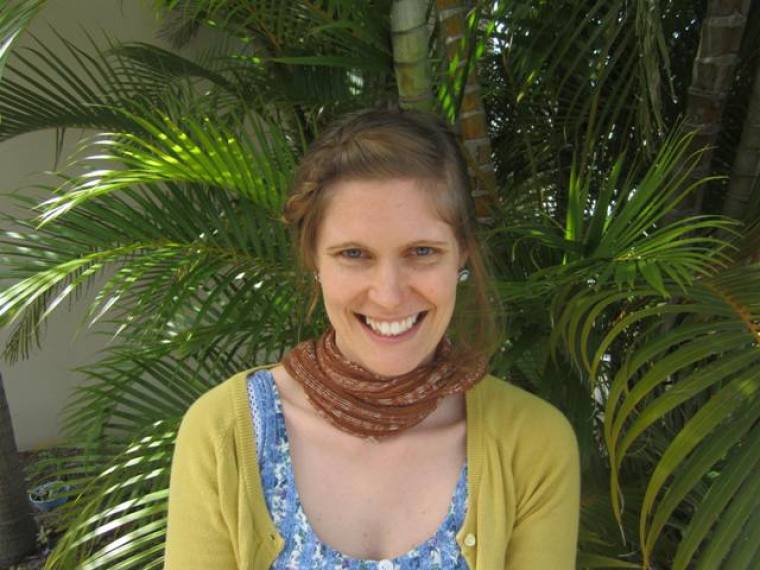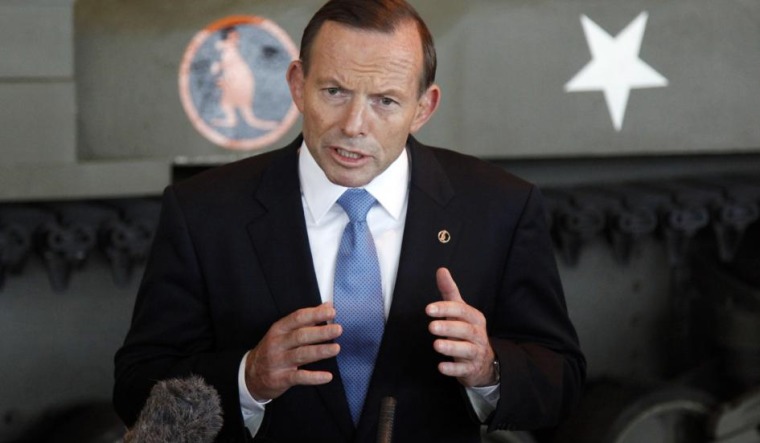

For thousands of years philosophers have tried to understand language. As early as the 5th century BCE Socrates attempted to analysis the meaning of language; what is being said and how. This is not an easy task. Language is complex. Language is always evolving and it can be abstract and vague and distorted.
The Crisis of Language
Like the philosophers who have gone before him, Thomas Merton, an American Catholic Monk, attempted to analyse language in his 1964 essay titled 'War and the Crisis of Language.'
Merton thought that war has a way of ambushing language.
Throughout history violent invasions have often been called liberation.The gestapo used terms such as the 'special treatment' and 'resettlement' to describe the murder of Jews.Secret tests for the atomic bombs later used on Hiroshima and Nagasaki were called 'trinity'- as if the atomic bomb fitted well into Christian doctrine. An American commander in the Vietnam War infamously said, 'in order to save the village we had to destroy it' (137).
Honest language seems to be one of the first causalities of war.
As I read Merton's thoughts I couldn't help but be curious as to whether this still occurs today. Currently Australia is using military aircraft, launching missiles and dropping bombs against the ISIS fighters. This has been described as a 'humanitarian mission with military elements.' Is this accurate language? Or is it that we just don't want to say we're at war? I'm not quite sure.
However, I am sure language is bluntly misused when it comes to matters of social concern. Asylum seekers are often called 'illegal migrants'. It is legal to seek asylum. And surely language has been distorted when Australian's complain they are 'poor' or 'struggling financially' because they cannot go on their annual holiday.
When language fails
Merton thought misusing language corrupts the truth. It is language which assists in mobilising military and economic power. It's jargon that masks callousness (138).
The misuse of language ambushes truth and justice. We don't call for peace because we don't realise we're at war. We exclude certain people because the word peace has come to mean aggression and liberty to mean oppression. We don't fight for justice and equality because we think the homeless are lazy or that asylum seekers are illegals.
In fact, Merton thought that deep down perhaps we know language can't really be trusted. But we want things we can trust. So we trust bombs. We trust our power to exclude people we don't like. We trust money. Because words might be fallible but violence and exclusion and money seem infallible (139).
Redemptive language
I found Merton's essay both thought provoking and troubling. I was struck at how far we are from the Judea-Christian idea of language or words.
The word is a rich theme in the Judea-Christian tradition. Hebrew poetry often personified the word as a healer and messenger. The New Testament continued this theme; Jesus is poetically described as the word who brought redemption for the world (John 1 verse 14). In Biblical thought theword and redemption are deeply interwoven themes.
Perhaps this is because in Judea-Christian thought words are meant to have a redemptive nature. Words are meant to bring hope, comfort, grace and truth. Words are to bring us from aloneness to community; words are to be the vehicle to loving others.
I love the idea of redemptive words. Surely the world needs such words instead of misused ones, which as Socrates famously said, "induces evil in the soul." I hope we can begin to listen to the philosopher. And I hope that, somehow, we can endeavour to speak redemptive words.
Danielle Carney lives on the Gold Coast and has a degree in Christian Theology and once worked for an inner city Church with a giant steeple. She spends her days leading small groups for homeless women on spirituality, losing debates to her toddler daughter, and trying to contain her overwhelming interest in Mystical and Monastic religion.
Danielle's archive of articles can be viewed at www.pressserviceinternational.org/danielle-stott.html